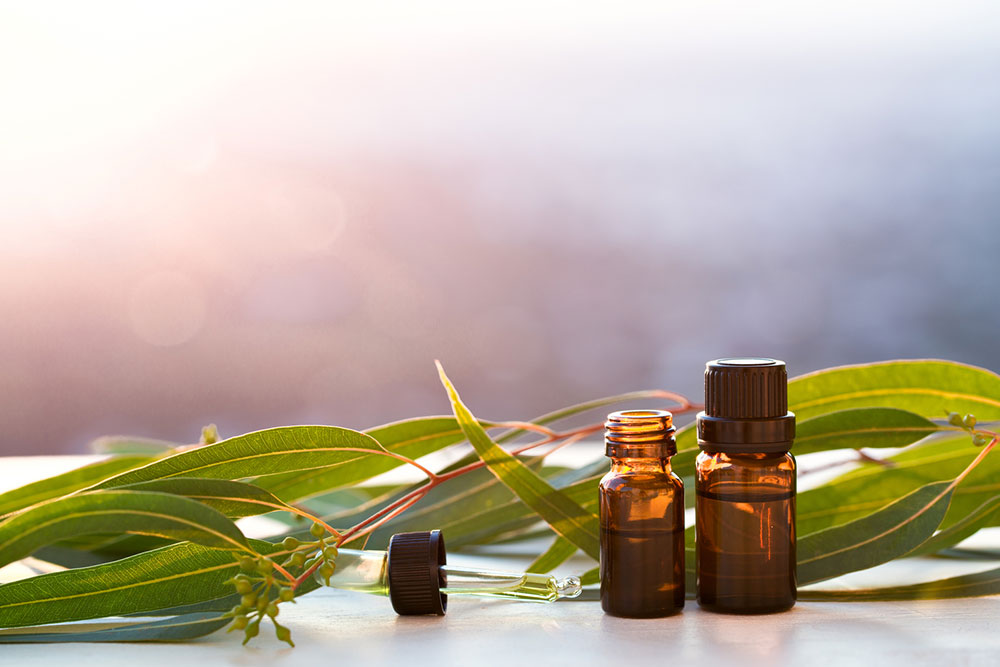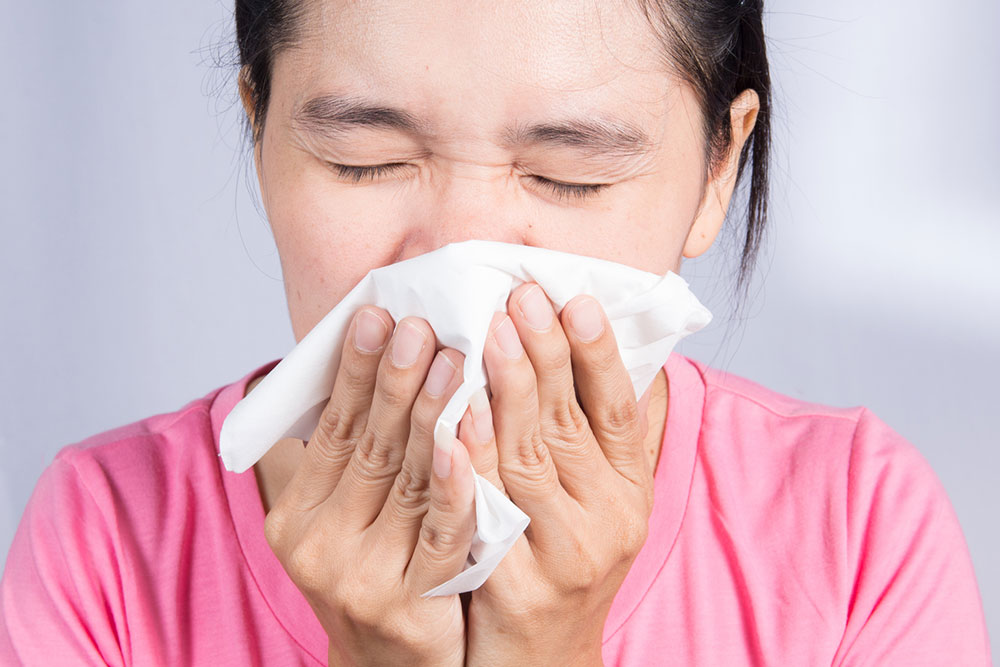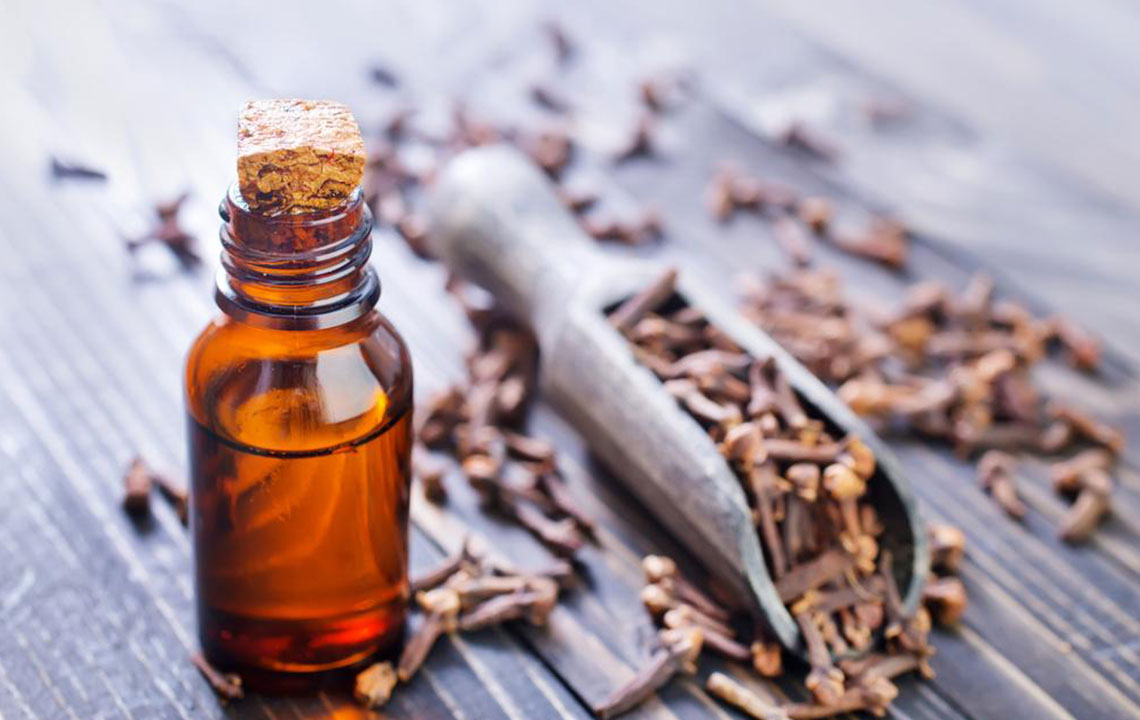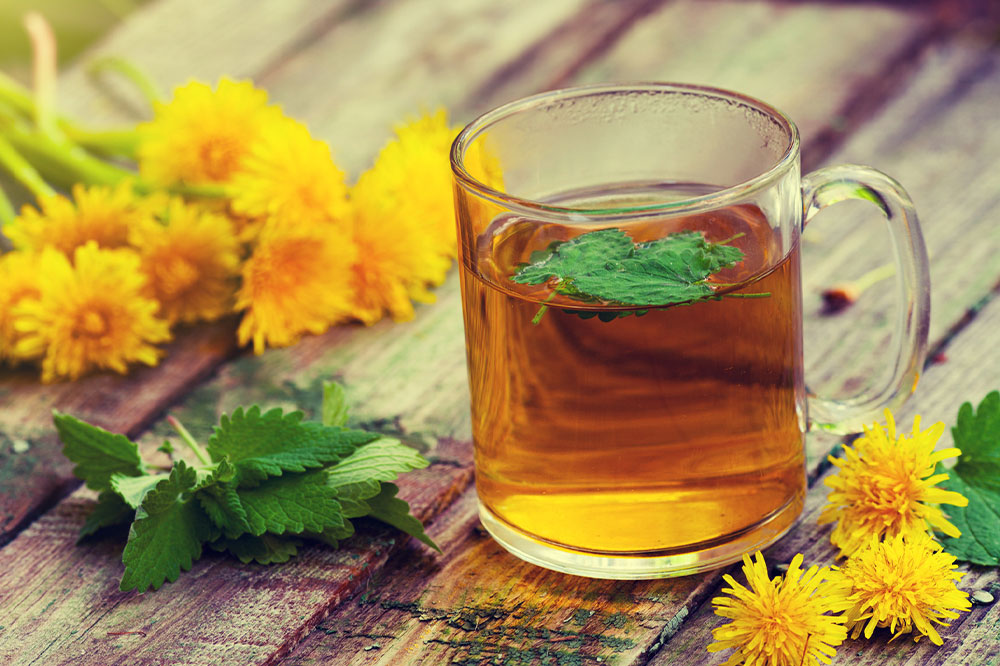Natural and Effective Ways to Relieve Nasal Congestion at Home
Discover effective natural remedies to alleviate nasal congestion comfortably at home. Learn about causes, symptoms, and practical solutions like humidification, saline rinses, and breathing exercises to improve airflow. This comprehensive guide emphasizes early intervention and holistic practices to promote better respiratory health and prevent complications.

Natural and Effective Ways to Relieve Nasal Congestion at Home
Nasal congestion is a common condition that causes significant discomfort and can interfere with daily life. Whether it's a stuffy nose, mucus buildup, or sinus pressure, these symptoms often make breathing difficult and can impact sleep, work, and social interactions. While over-the-counter medications are available, many people prefer natural remedies that are safe, affordable, and easy to implement at home. This comprehensive guide explores various natural strategies to effectively alleviate nasal congestion, reduce symptoms, and promote better respiratory health.
Understanding nasal congestion is crucial for selecting the right treatment approach. When nasal passages become inflamed or swollen, usually due to excess blood flow and fluid buildup in response to infections, allergies, or irritants, breathing becomes more challenging. This condition is prevalent across age groups, affecting children and adults alike, often disrupting sleep and daily routines.
What Causes Nasal Congestion?
Nasal congestion can stem from numerous causes, each contributing to inflammation and mucus accumulation inside the nasal cavities:
Infections: Common colds, flu, and sinusitis are primary culprits that cause swelling and mucus production.
Allergic reactions: Allergens such as pollen, dust, pet dander, and mold trigger immune responses, leading to nasal tissue swelling.
Environmental irritants: Smoke, strong fumes, pollution, and chemical fumes can irritate nasal passages.
Nasal polyps and structural issues: Enlarged polyps or a deviated septum may obstruct airflow.
Hormonal changes and medications: Pregnancy, certain medications, and hormonal fluctuations can increase congestion.
Recognizing Symptoms of Nasal Congestion
Symptoms often vary depending on the underlying cause but generally include:
Mucus buildup and nasal discharge, which can be clear, yellow, or green.
Blocked or stuffy nose that hampers breathing.
Sinus pressure or pain around the forehead, cheeks, or eyes.
Frequent sneezing and post-nasal drip.
Reduced sense of smell or taste.
Effective Natural Remedies for Nasal Congestion Relief
Many natural remedies can help alleviate nasal congestion, promote drainage, and improve airflow without resorting to medication. These strategies are simple, cost-effective, and can be seamlessly integrated into daily routines.
Humidification and Moisture Enhancement
Dry air can worsen nasal congestion, especially in winter or in air-conditioned environments. Using a humidifier adds moisture to the air, soothing inflamed tissues and thinning mucus. Keep indoor humidity levels between 30-50% for optimal breathing comfort. Additionally, taking warm showers or inhaling steam can temporarily loosen mucus and reduce blockage. To prepare steam inhalation at home, add a few drops of essential oils like eucalyptus or peppermint for added relief.
Warm Compresses for Sinus Relief
Applying warm compresses over the face, particularly around the nose, cheeks, and forehead, helps promote circulation and encourages mucus drainage. Use a clean towel soaked in warm water or a heating pad set to a safe temperature. This simple technique can alleviate sinus pressure, ease headaches, and promote faster recovery.
Hydration and Dietary Adjustments
Staying well-hydrated thins mucus, making it easier for your body to clear nasal passages. Drink plenty of fluids such as water, herbal teas, and broths throughout the day. Incorporating spicy foods like chili peppers, horseradish, or wasabi can also temporarily open nasal passages by stimulating mucus flow. Avoid dairy products if they seem to worsen congestion since some individuals report increased mucus production following dairy consumption.
Saline Nasal Sprays and Irrigation
Saline sprays or rinses, such as neti pots, are highly effective for flushing out mucus, allergens, and irritants from nasal passages. When used correctly, they provide immediate relief and help maintain nasal hygiene. Be sure to use sterile or distilled water and clean equipment regularly to prevent infections. Saline solutions are gentle and suitable for infants, children, and sensitive individuals.
Proper Nasal Positioning and Elevation
Sleeping with your head elevated on pillows reduces nasal congestion by promoting mucus drainage and preventing accumulation. Elevation helps open up the sinus passages, making breathing easier during rest. During the day, maintaining good posture can further facilitate airflow through the nasal passages.
Breathing Exercises and Natural Techniques
Breathing exercises, such as diaphragmatic breathing or alternate nostril breathing (nadi shodhana), can improve airflow and reduce nasal congestion. These techniques help relax nasal tissues, enhance oxygen intake, and promote healing. Consistent practice of deep breathing exercises can also lessen stress, which may exacerbate symptoms.
When to Seek Medical Attention
While most cases of nasal congestion resolve with home remedies within a week, persistent or severe symptoms require professional evaluation. Seek medical advice if:
The congestion lasts beyond 10 days without improvement.
You experience high fever, facial swelling, or intense pain.
Discharge turns yellow or green and is accompanied by a foul smell.
You have vision changes, severe headaches, or swelling around the eyes.
In case of bleeding, especially following injury or persistent nosebleeds.
The Risks of Untreated Chronic Congestion
Prolonged nasal congestion can lead to complications, particularly in vulnerable populations such as children. It can impair sleep quality, affect speech and feeding in infants, and potentially lead to sinus infections or other respiratory issues. Early intervention and management are essential to prevent these complications and support overall health.
Medications and Advanced Treatments
In some cases, natural remedies alone may not be sufficient, especially when allergies or structural abnormalities are involved. Medical options include antihistamines, nasal corticosteroids, decongestants, and antibiotics for bacterial infections. Always consult with healthcare professionals before initiating any medication to ensure safety and appropriateness.
Prevention Tips for Nasal Congestion
Prevention is better than cure. Maintain good hygiene, wash hands frequently, and avoid known irritants. Using air purifiers, keeping living spaces clean, and avoiding smoking can minimize risk factors. Incorporate healthy lifestyle habits such as regular exercise, a balanced diet, and adequate hydration to strengthen your immune system and reduce the likelihood of congestion.
Enhancing Respiratory Health Naturally
Beyond treating congestion, adopting a holistic approach to respiratory health involves breathing exercises, maintaining a healthy environment, and avoiding triggers. Natural remedies, combined with good hygiene and lifestyle habits, can significantly improve airflow and reduce episodes of nasal blockage, contributing to overall well-being and comfort.
In conclusion, managing nasal congestion effectively calls for a combination of natural remedies, proper hygiene practices, and timely medical intervention when necessary. These strategies not only provide relief but also promote long-term respiratory health. Embrace these natural methods to breathe better and enjoy life with greater comfort and confidence.





